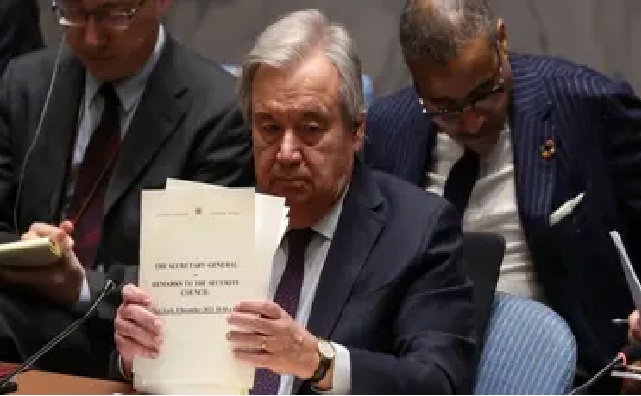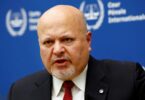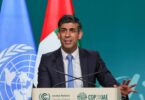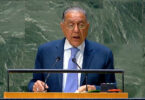NEW YORK (AFP): UN Secretary-General Antonio Guterres called Monday for an “immediate humanitarian ceasefire” in the Gaza Strip, as the fighting between Israel and Hamas passed the 100-day milestone.
“We need an immediate humanitarian ceasefire. To ensure sufficient aid gets to where it is needed. To facilitate the release of the hostages. To tamp down the flames of wider war because the longer the conflict in Gaza continues, the greater the risk of escalation and miscalculation,” Guterres said at a press briefing in New York.
The war, sparked by a Hamas surprise attack on Israel, has created a humanitarian catastrophe for the 2.4 million people in the besieged strip, the United Nations and aid groups warn, and reduced much of the territory to rubble.
Hamas’s October 7 attack that triggered the fighting resulted in about 1,140 deaths in Israel, mostly civilians, according to an AFP tally based on official Israeli figures.
The militants also seized about 250 hostages, 132 of whom Israel says remain in Gaza, including at least 25 believed to have been killed.
Vowing to destroy Hamas, Israel launched a relentless military campaign that has killed at least 24,100 people in Gaza, mostly women and children, according to the Hamas government’s health ministry.
The UN says more than three months of fighting have displaced roughly 85 percent of the territory’s population, crowded into shelters and struggling to get food, water, fuel and medical care.
Guterres condemned a humanitarian situation in Gaza that he said was “beyond words.”
The “vast majority” of the UN’s Palestinian staff have fled their homes and 152 staff members have been killed since October 7, Guterres said — “the largest single loss of life in the history of our organization.”
With aid deliveries struggling to get through to a “traumatized people,” Gaza now faces “the long shadow of starvation.”
“Nothing can justify the collective punishment of the Palestinian people,” Guterres said.
The UN leader also warned about what he said was escalating spillover of the conflict, including across the Lebanon-Israeli border. “This risks triggering a broader escalation… and profoundly affecting regional stability,” he said.







